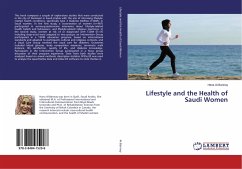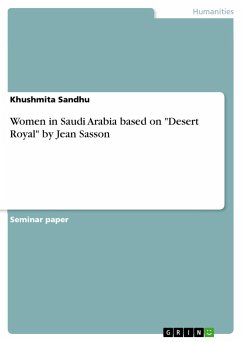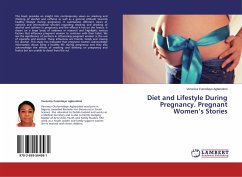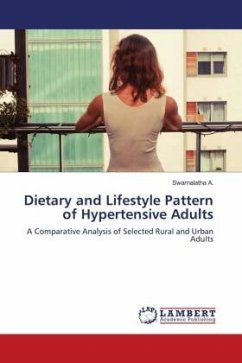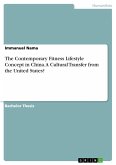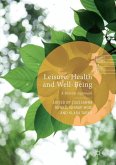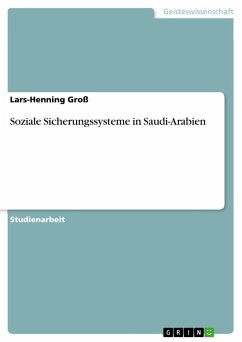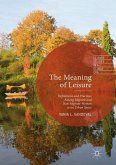This book composes a couple of exploratory studies that were conducted in the city of Dammam in Saudi Arabia with the aim of informing lifestyle-related health conditions, specifically Type 2 Diabetes Mellitus (T2DM), in Saudi women. In the first study, a cross-section of women (n=407) participated in survey-questionnaire interviews about lifestyle-related health beliefs and behaviours, and lifestyle-related religious teachings. In the second study, women at risk of or diagnosed with T2DM (n=35 including drop-outs) were assigned to two groups; an Intervention Group participated in a T2DM education program, based on international standards and adapted to participants cultural and religious contexts, and a Usual Care Group received the usual care for diabetes. Outcomes included blood glucose, body composition measures, six-minute walk distance, life satisfaction, quality of life, and diabetes knowledge. Participants in the Intervention Group participated in a focus group discussionof their program experience. Data from both studies were analyzed based on mixed methods; descriptive statistics SPSSv.20 was used to analyze the quantitative data and Atlas.ti® software to code themes in
Bitte wählen Sie Ihr Anliegen aus.
Rechnungen
Retourenschein anfordern
Bestellstatus
Storno

